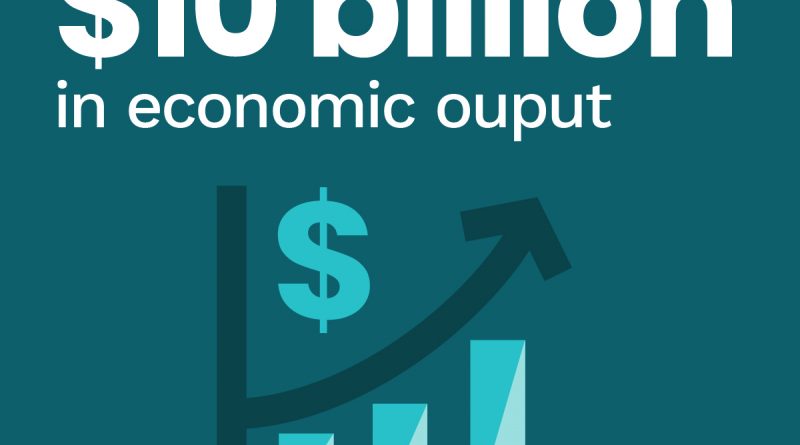Potential economic impact of expanding recycling technologies in the US nearly $10 billion
A report released by the American Chemistry Council finds the potential economic impact of expanding advanced plastic recycling and recovery technologies in the United States to be nearly $10 billion. The report examines a burgeoning class of technologies that convert used plastics into a range of products and raw materials such as chemicals and chemical feedstocks for new plastics, lower carbon transportation fuels, and other petroleum-based commodities. By bringing used plastics back into the manufacturing system, these technologies are a key enabler in the drive toward a circular economy for plastics.
According to the report, “Economic Impact of Advanced Plastics Recycling and Recovery Facilities in the U.S.,” if widely adopted, these processes could result in nearly forty thousand direct and indirect U.S. jobs, as much as $2.2 billion in annual payroll, and another $9.9 billion in direct and indirect economic output. In addition, landfilling of 6.5 million tons of post-use recoverable plastics each year could be eliminated.
Prepared by ACC’s Economics and Statistics Department, this report updates a similar analysis completed in 2014. The earlier analysis only examined the economic potential associated with converting used plastics into synthetic crude oil. Since then, these technologies have significantly expanded their range of outputs to meet demand for specific commodities.
The latest report examines a class of advanced plastic recycling and recovery technologies commonly known as chemical recycling which includes pyrolysis and depolymerisation. These advanced technologies complement traditional recycling (mechanical recycling) and could help society recover and repurpose a broader range of post-use plastics.

